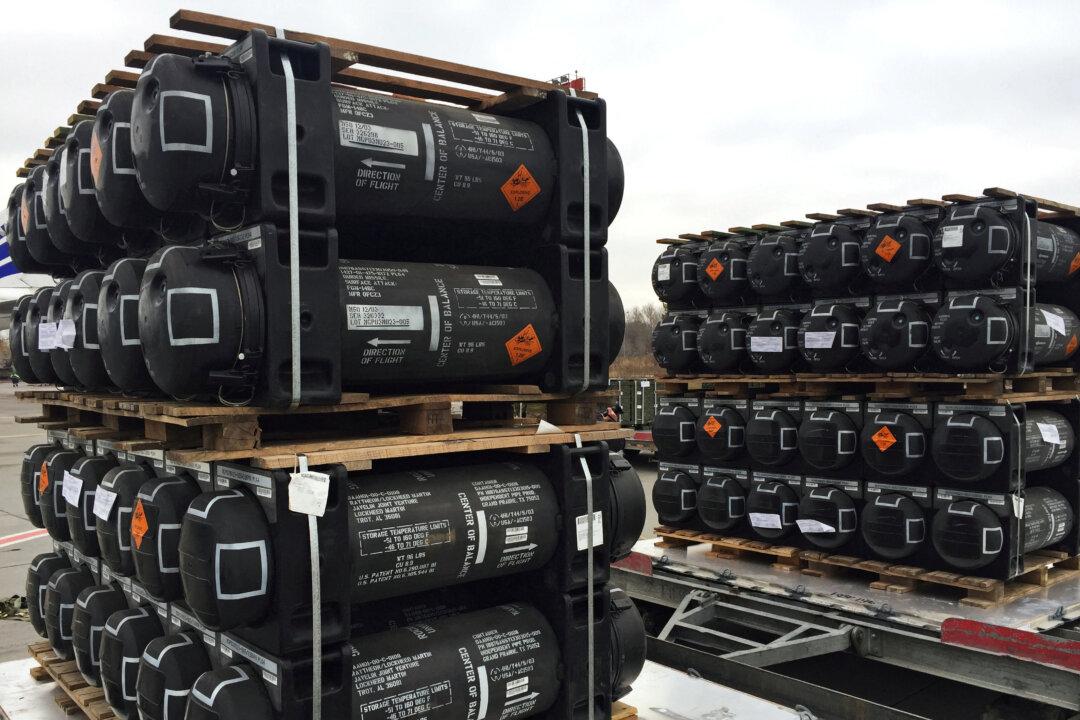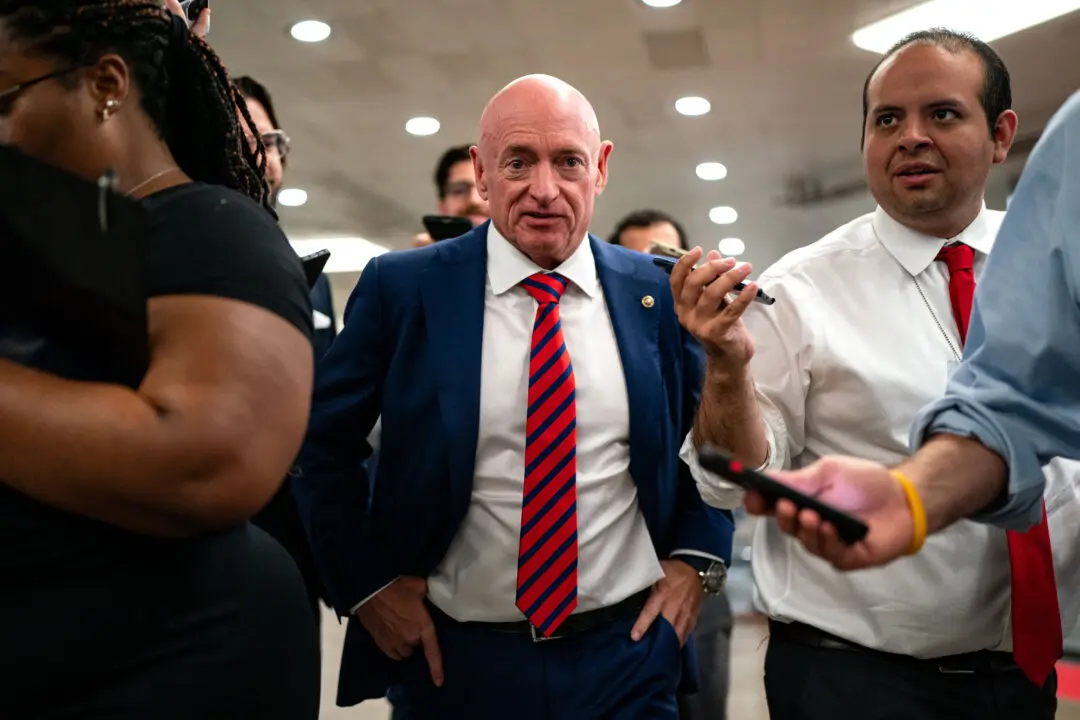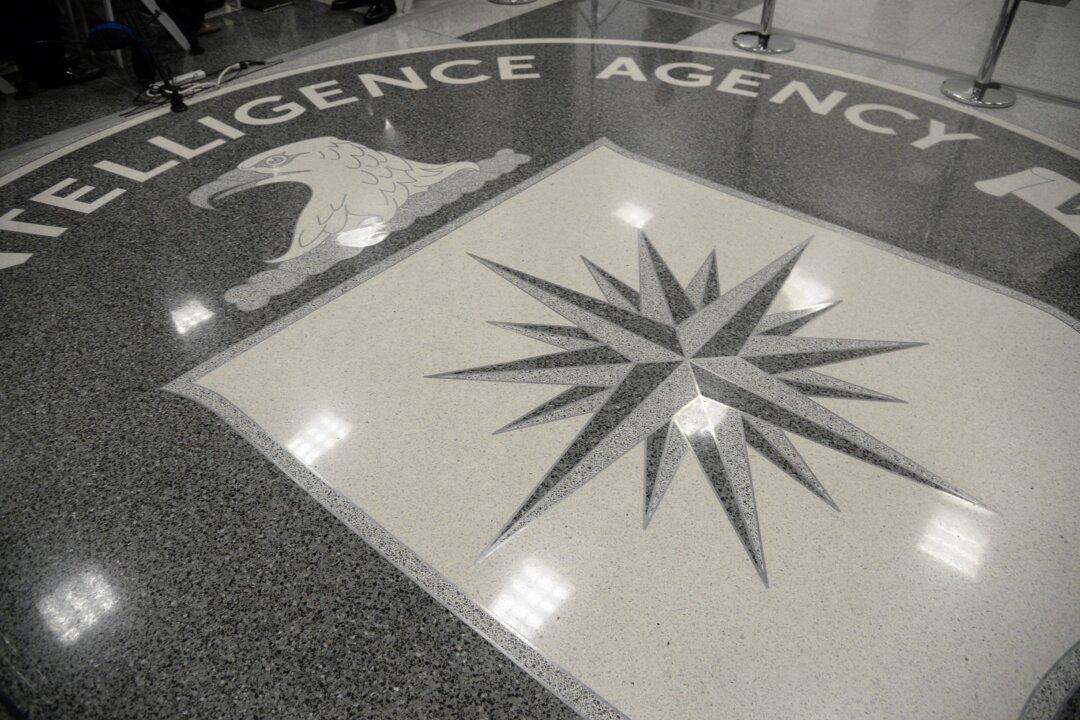While the U.S. government could soon shut down without a budget in place, the Pentagon anticipates that it will still be able to provide training and support for Ukrainian military forces currently fighting with Russia.
Department of Defense (DOD) spokesman Chris Sherwood said that Operation Atlantic Resolve—the U.S. military mission that oversees the training and supplying of Ukrainian forces with military weapons and equipment—will continue even if there’s a government shutdown, in a statement shared with NTD News.





